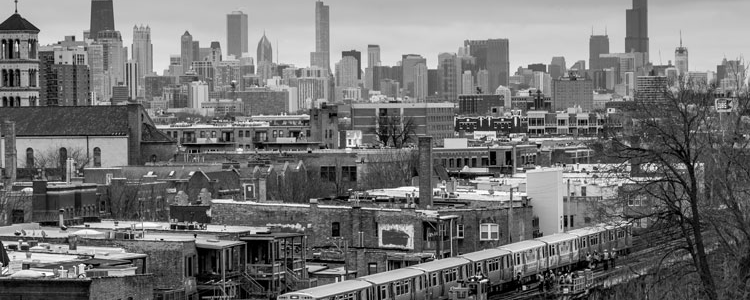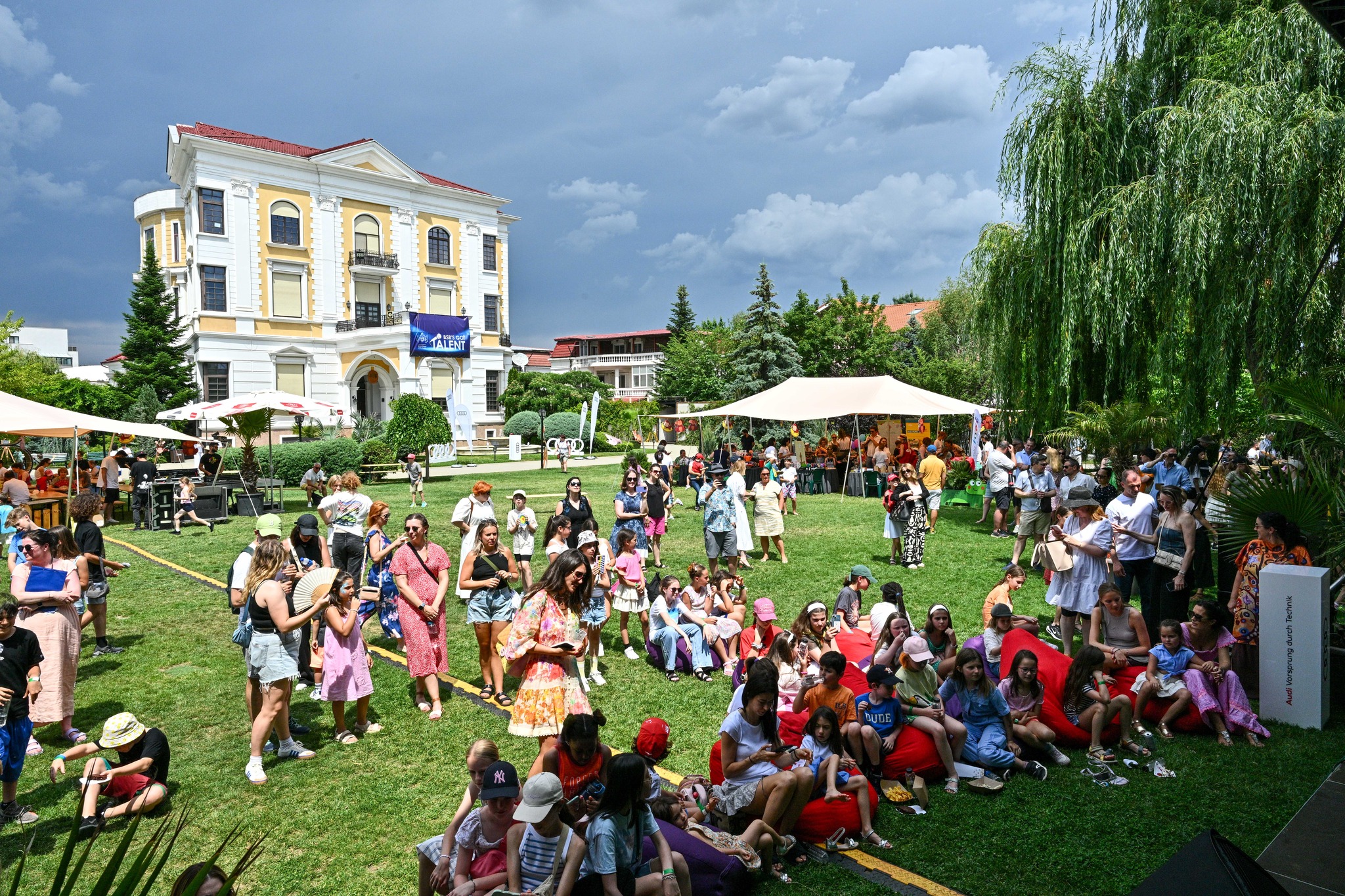
The Black Panther Party
Parallels and Perpendiculars, what Their History Can Teach Us, an article written by Rafael
The Black Panther Party exists as a brief blip in American history and as an even smaller matter on the world stage. When spoken about or written on, the Panthers are depicted in polarising ways, as a violent militia, as a united humanitarian front but rarely for what it truly was as a whole. These parallel and perpendicular narratives of the enigmatic movement have led to its incredibly important history being buried, forgotten and misrepresented under a mound of controversy and deceit.
Historian E.H. Carr once said: ‘History is an unending dialogue between the past and present’. History can teach us as much about ourselves as the present can; healing and learning are just what the world needs, even after events such as the George Floyd or Breanna Taylor murders. To tell the story of the BPP you need to tell it twice from two angles, I will tell the story from two voices, Fred Hampton and Afeni Shakur; two of the most famous and important Panthers and political figures in the past century of American history, and by reciting their story we learn more about ourselves and what we should strive to be.
Fred Hampton was born on 30th August 1948 and he was born for one purpose, to which he served until his death. From the age of 10, he was proactively helping the community in the suburbs of Chicago and protesting and campaigning for civil rights. He was a leader, a visionary and a man of sheer will. His most memorable work was uniting groups all over Chicago into a Rainbow Coalition, erasing the racial and cultural tension between different gangs and parties and forming a class-conscious alliance against the racist and repressive institutions that oppressed them all. His position as the Deputy Chairman of the Illinois Chapter of the Black Panther Party, along with his drive, helped him inspire and help thousands in Chicago, giving them hope, a cause and solutions. He was a believer in education and the youth and his instrumental involvement in the Black Panther Free Breakfast Programme, which fed tens of thousands of kids every week, and his teaching of political classes defined his image along with his charisma and oration skills.
‘We don’t think you fight fire with fire best; we think you fight fire with water best. We’re going to fight racism not with racism but we’re going to fight with solidarity’.
Fred Hampton was killed on 4th December 1969 and he was killed for one purpose; to continue the FBI’s unrelenting campaign to dismantle the Black Panther Party from within. From their early years, the BPP was a target of the FBI director himself, J. Edgar Hoover. The now-famous quote ‘The Black Panther Party, without question, represents the greatest threat to the internal security of the country’, is a testament to the existence of this personal vendetta. The FBI infiltrated the party and manipulated informants into sabotaging the Party’s plan for unity and growing the community. During these dark times, Hampton stood out and rose in the ranks thanks to his innate ability to inspire and unite and he was on the brink of assuming the leadership of the entire organisation, were it not for his untimely death. He was murdered in his bed in a raid carried out by the FBI and the local police. The government and police said that he was a believer in communism and was waging a race-war and now his controversial death defines his image to most, as a danger to America and an insignificant blip in History that doesn’t deserve to be taught about.
Afeni Shakur was born in 1947 as Alice Faye Williams. As a young woman in New York, she immediately became entranced with the Harlem renaissance and culture and subsequently joined the Panthers where her attention to detail in her activism and leadership didn’t go unnoticed. Her warmth and humanity also set her apart and her impact is still felt today as she can be credited with creating the first version of a Patients Bill of Rights. As a mother to Tupac Shakur (widely recognised as arguably the greatest hip-hop artists of all time), she involved him in the creative arts and fought for his education, and now through her foundations, she supports and involves thousands of children in the creative arts and fights for their education. She was a believer in education and the Arts and her lifetime dedication towards building facilities and systems to support children and help them thrive defined her image along with her unfaltering kindness and intelligence.
Afeni Shakur was indicted in 1969 as a conspirator in a baseless domestic terrorist plot alongside 20 other Black Panthers. The government slapped a one hundred thousand dollar bail on each of the victims, Afeni and another were the only ones released because of their ability to speak for the others and raise money. Facing 300 years in prison, she fought to raise funds, interview witnesses and built her case as the youngest Panther at the stand, all while being a pregnant single mother. After two years, the trial collapsed and the full total of 156 charges were dropped for each and every one of the 21 Panthers. The government and mainstream media said she was a believer in terrorism and violence but luckily her long life until 2016 saw her defy expectations and she defined her image as an American hero along with the astronomical success of her son.
What we can learn from these two and the Panthers organisation as a whole is invaluable.
One of the best characteristics that Hampton and Shakur shared was their fusion of vision and idealism with their rational intelligence and initiative. They got so much done but never lost focus on the true eventual goal. You can see in videos of Fred Hampton the two sides of his energy: the passionate and electric orator and the visionary, inspiring the masses with every syllabus, alongside the composed and deliberate planner and organiser. We need more great men that can inspire and conjure up ideals to live by and fight for, that simultaneously fight, achieve and act.
One of the best characteristics of the Black Panther party was their ability to identify and target the real problems in their society and their ability to fight against them. Some of their ideals and goals they fought towards (outlined in their 10 Point Programme Manifesto) have been lost but many of them are still painfully present in today’s population and their movement and their struggle can teach us so much about the sometimes hidden evils within the system millions live in today.
The gross lack of representation of these historical figures and the even more concerning misrepresentation of their past can no longer be overlooked.
Problems and corruption in the education, police, prison and healthcare systems are all too common and the most significant menaces to the people of the USA. The failings and malfeasances in these systems don’t only need to be attacked head-on but new systems and facilities need to be built to counteract them, just how the Panthers built free healthcare clinics and breakfast programmes built on the backs of volunteering doctors, nurses, nutritionists and donors and of course formed their own police force and militia.
Movements nowadays such as Black Lives Matter failed to unite and achieve. All the money that was meant to go to black communities was instead funnelled directly back into the institutions and governments that oppressed them.
What we learn is, not only to follow their own policies and ideas but to think and act with the same desperation and perfect blend of realism and idealism; by doing this we can make the world a better place.
Please note that the British School of Bucharest is not responsible for the content on external pages and, as usual, we advise you to monitor your children’s online activity.








